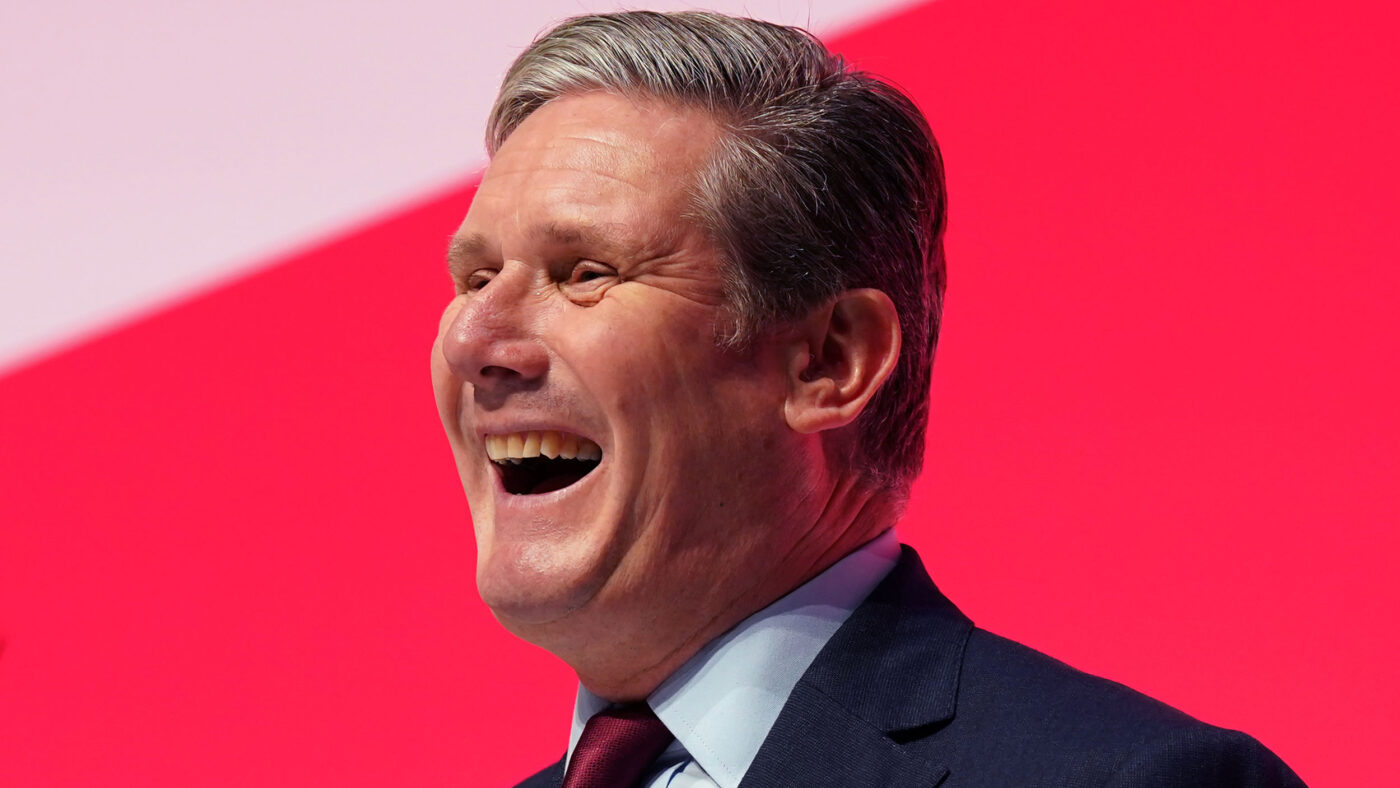The real reason why the Labour Party is doggedly sticking to putting VAT on private school fees might have more to do with geography and electoral calculations than high principles.
To win the general election the Labour Party needs to win big in the North, and it would be helpful if the Liberal Democrats picked up seats in places like Surrey too. An analysis of publicly available data shows that just over one in five school aged children in Surrey go to private schools. Travel north and the figure falls dramatically to one in around 25. It’s not unusual to find a family paying school fees in Surrey but it is a rare thing in the so called ‘red wall’. The Liberal Democrat heartlands of the South East and South West are home to well over a third of children attending fee paying schools, compared to just 2% in the North East of England.
So, in simple terms, taxing private school fees is cost-free for the Labour Party because people in the areas it needs to win won’t have to pay. It also goes some way to explaining media fixation with these plans. Most Westminster journalists live in London and places, like Surrey, where there are plenty of private schools. It seems quite a big deal from a desk in Westminster, itself dominated by a famous boarding school – but far less significant in the North.
Just 9% of voters in the North of England think school fees should be exempt from VAT. So while it might play well with the right voters in the right areas, there is also huge potential for it to backfire.
Listen to the media narrative and it is easy to imagine that every independent school is like Eton College, but that is a little bit like saying Fortnum & Mason is a typical supermarket.
Two thirds of independent schools in England have fewer than 250 pupils and more than 40% educate fewer than 100 children in total. These schools are a long way from the large, famous boarding schools most politicians think of when they come up with plans to impose punitive taxes. These schools rarely have any sort of endowment, they are entirely reliant on fee income year by year.
Much of the debate over adding VAT to school fees has focused on the number of parents who might or might not move their children from private to state schools, but this misses the impact a small number of parents moving their children will have on a school with a hundred or so pupils. Unlike the careful planning for school places that goes on in the state sector, an independent school has every reason to keep an impending threat of closure quiet until the very last moment, which means last minute closures could cause chaos in areas where local school places are a finely balanced ecology.
Clever analysts have tried to understand exactly how many parents will eventually be priced out of independent education, with the IFS think tank suggesting up to 40,000 children might seek new places in nearby state schools. What these figures fail to model is the proportional impact of parents removing their children from schools that only had a few hundred fee paying pupils in the first place, leaving a school facing serious hardship. At a local level that is a much bigger deal, than the headline figures might suggest.
It is impossible to know what might happen to these smaller schools which make up most of the supply of independent school places. Some might be taken over by larger nearby independent schools, private equity might swoop in if the price and balance sheet makes an attractive longer term proposition or they might nationalise themselves by becoming academy schools funded by the taxpayer at considerable additional cost. The worst case scenario is they simply fail leaving local politicians to pick up the pieces – something that will make for big local headlines even if it doesn’t become a national issue.
Adding to the tax burden of the majority of independent schools who educate a few hundred pupils could lead to serious and very urgent difficulties when they run out of fee income. This is something that could be avoided by exempting schools below a threshold of a couple of hundred pupils from any plans to levy VAT on fees.
The alternative is that, with a likely Conservative rout at the next election, Labour MPs will end up lobbying a Labour Chancellor to step in a rescue a local prep school teetering on the edge of survival. Not only will this undermine a key manifesto pledge, it will be seriously embarrassing for a party that styles itself as the champion of the working classes.
Click here to subscribe to our daily briefing – the best pieces from CapX and across the web.
CapX depends on the generosity of its readers. If you value what we do, please consider making a donation.


